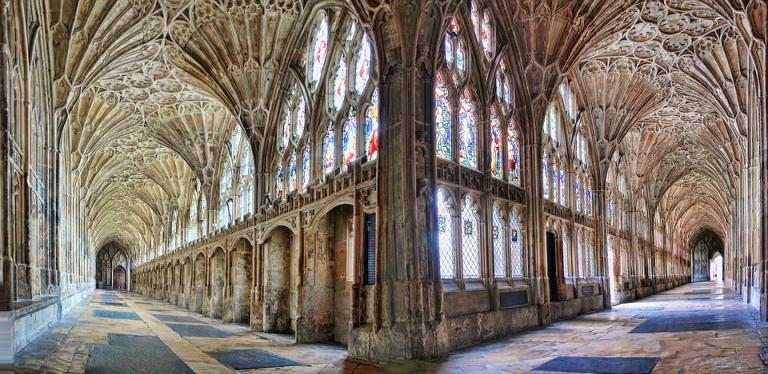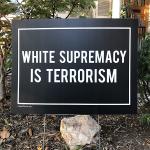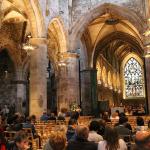by guest writer William M. Shea, PhD
The great theologians, in my view, are the ones who tie the parts into wholes and who get to the bases of faith: that is, the systematicians and the foundationalists. Frequently enough they are the same people. For example, take Rahner on the Trinity (and every other doctrine! ) and on the foundations of faith; Lonergan on Christology and the Trinity, and on cognitional theory, epistemology, metaphysics and history; or David Tracy on the analogical and dialectical imagination and “conversation” as the heart of the discipline.
Most of us academic types dig one or two holes in our research work and attend fitfully to the whole or to foundations. But there are some among us who can and do aim at “covering the field” as well as taking on the more important individual issues. I tried over my fifty years of teaching and studying to know as much as I could about atheism and about American evangelicalism. I did teach undergraduate courses on New Testament and on Christology but I was hardly an expert in either. I didn’t get past the ecclesiology taught me in seminary and in the documents of Vatican II, and never laid a glove on moral theology. I didn’t try for the whole, and I had a hard enough time being conversant in a few of the parts. The reason for this inadvertence is simple: I followed my own interests rather than letting the field determine my route. I am just not a big picture guy.
But even if you can’t paint the big picture, there is nothing to stop you from trying to make a few connections on the way. Even if you don’t develop a language to take in the whole, maybe you can think enough about relationships between just a few parts to satisfy the longing to understand what’s going on in our minds and hearts. I’ve been trying to do this with what I mean by the terms faith, belief, church, tradition and reason, trying to understand my own life before God and in the church.
Because of my personal and therefore professional interest in atheism and evangelicalism I’ve been led to a few terms which seem basic to understanding myself. I can’t claim any professional standing for my decidedly vulnerable “conclusions” but they put me at more ease with my religious life. Life is lived before it is thought about systematically and I’ve lived long enough to attempt an answer to a very few questions for myself if for no on else. I hesitate to put on paper because it is so simple and should have been obvious at the start. In effect and in some respects, after eighty years I’ve ended up where I started.
I was born into three communities: my family, my country and my church. My family taught me about both country and church. Through decades of learning about both I came to rank the two communities, both of which I prize. From the start, surviving every challenge, for me first the church and then citizenship. {Family transcends both in importance!} Why is that? Because the church has taught me the meaning and value of my being at all, in any community and even taught me the meaning of my family. It taught me and my parents how to live. And it connects me to Jesus Christ and other human beings in a thousand ways. It is the community which tells me to keep my eyes on Him in whatever I do, and if I fail as we all must, it tells me I am forgiven in His name and to start again.
Though I never have been able to slip out of the embrace of this “Body of Christ.” In spite of its leaders’ too frequent shocking and depressing sinfulness, the church remains the community of learning and reconciliation; in other words it remains a living Tradition of memory and anticipation. It is still for me, after eighty years, the same reality my parents told me about before I wore long pants.
Tradition, then, in the broadest sense, is the language in which a community recognizes itself and becomes such. Traditions embrace origins, a past and a future identity in the present. For Jews Abraham, the father of the twelve, and Moses who led the twelve tribes out and told them how to live and in Whom to trust, and Joshua who conquered the cities of Canaan with them, the prophets who reminded the children of Israel of its sin and promise redemption, and the Sages who imparted the wisdom of traditions, and then the feasts, are not merely repeating a past that is far away. Rather it is a past which is active now, was so in the historical past and also in the promise of a future. The Land was given to the Jews not to be lost though they may be scattered and always present in the promised future. Torah is a living word and not a dead letter. The Talmud is the tradition made alive through the disc courses of the rabbis. The current Israel is no mere historical fact devoid of divine and universal significance.
Christian church tradition embraces the story of Israelite redemption, with the same structure of divine call to be a people in which one man akin to Abraham and Moses passes through the darkness of human experience in the Trail of Lights now through death to life, and becomes Himself the tradition which everyone who calls himself a Christian embraces in every age as the revelation of a Path to a promised Land seen now as a Kingdom of Heaven. The gospel accounts of the life and death of Jesus, the letters of the Apostolic and sub-apostolic periods (50 CE through 150CE) witness to the existence and meaning of the God-guided birth, growth and goal of a people, repeated at every sacred moment and action of the believers, witnesses and worshipers of the One Who is, was, and is to come. A delight and a burden, this tradition, as their own has been for the Jews.
I’ve will take up the three other basic terms in the next post: faith, belief and reason.
image credit: gloucester-2391516_960_720.jpg













